Children play rough on occasion and unfortunately, there can be instances when another child is hurt as a results. Let’s look at what steps you should take in the event that such a situation occurs.
Remain Calm
Children will mimic the actions of adults; particularly parents. It is therefore important to remain cool and collected immediately following the incident. Adopting this approach will also make it much easier to understand what just occurred.
Get all Sides of the Story
In the event that you did not physically witness the event, make it a point to ask all parties involved (including any children that might have been nearby) what took place. This will help to ensure that you do not jump to any conclusions
Appreciate the Child’s Perspective
Children do not often possess the maturity to process their emotions on a more intellectual level; especially when referring to feelings such as anger and jealousy. Be sure to keep this in mind before rushing to any type of judgement.
Speak to Your Child
It is just as crucial to remember that any type of action (even physical) is a form of communication. So, take some time to speak with your child about his or her feelings. Here are some questions to ask:
- Why did he or she hurt the other playmate?
- How did such actions make them feel?
- Are they sorry for what they did?
Once again, refrain rushing to judgement until you have heard both sides of the story.
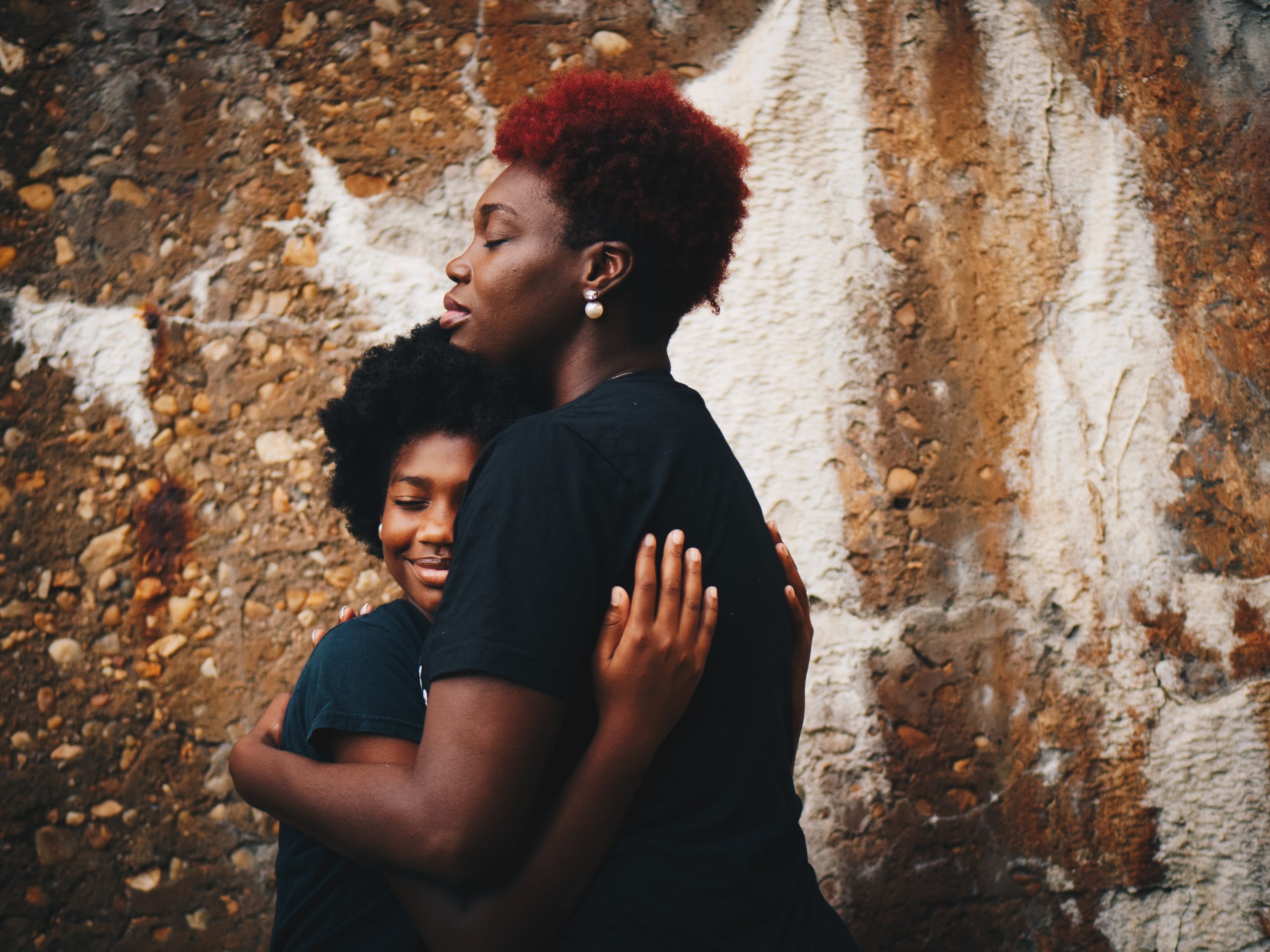
Consult with Other Parents and Teachers
There are many times when aggression (either intentional or inadvertent) will occur within group settings such as nursery schools. In this case, it is prudent to speak with any other adults that have have been present. These will often provide you with valuable insight that might otherwise be difficult to obtain.
Correcting Your Child
Always remember that a child might not be aware of how his or her actions will impact others. Explain to them that hurting another is not permissible and ask them how they would feel if they were on the “receiving end”. This can often provide them with a different perspective so that future incidents can be avoided.
Hands-Off Techniques
Thankfully, technology can now enable you to better understand how your child interacts with others during social sessions such as casual playdates. Monitoring software such as the accessories found at www.educater.co.uk/software/eyfs-tracking/ will provide you with the insight required to understand whether a display of aggression was a one-time event or a more chronic concern. You can therefore take the appropriate steps at the right time in order to ensure that your child learns to deal with his or her emotions.
Children will naturally get hut from time to time. The main takeaway point here is that intentionally causing harm to another must be addressed at an early age before such behaviour becomes a more engrained problem.

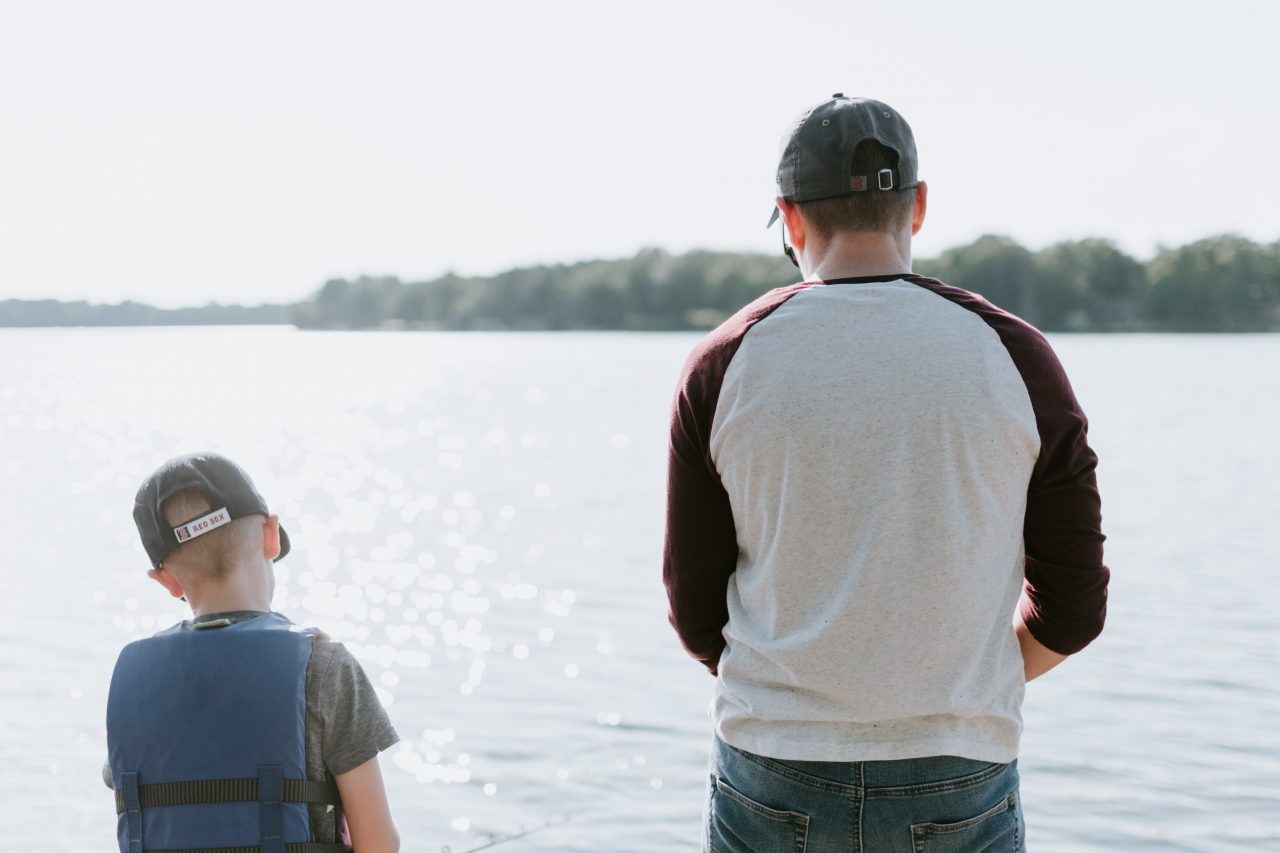
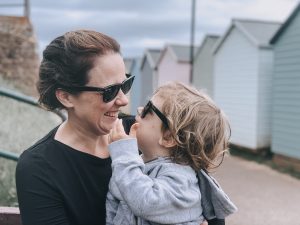


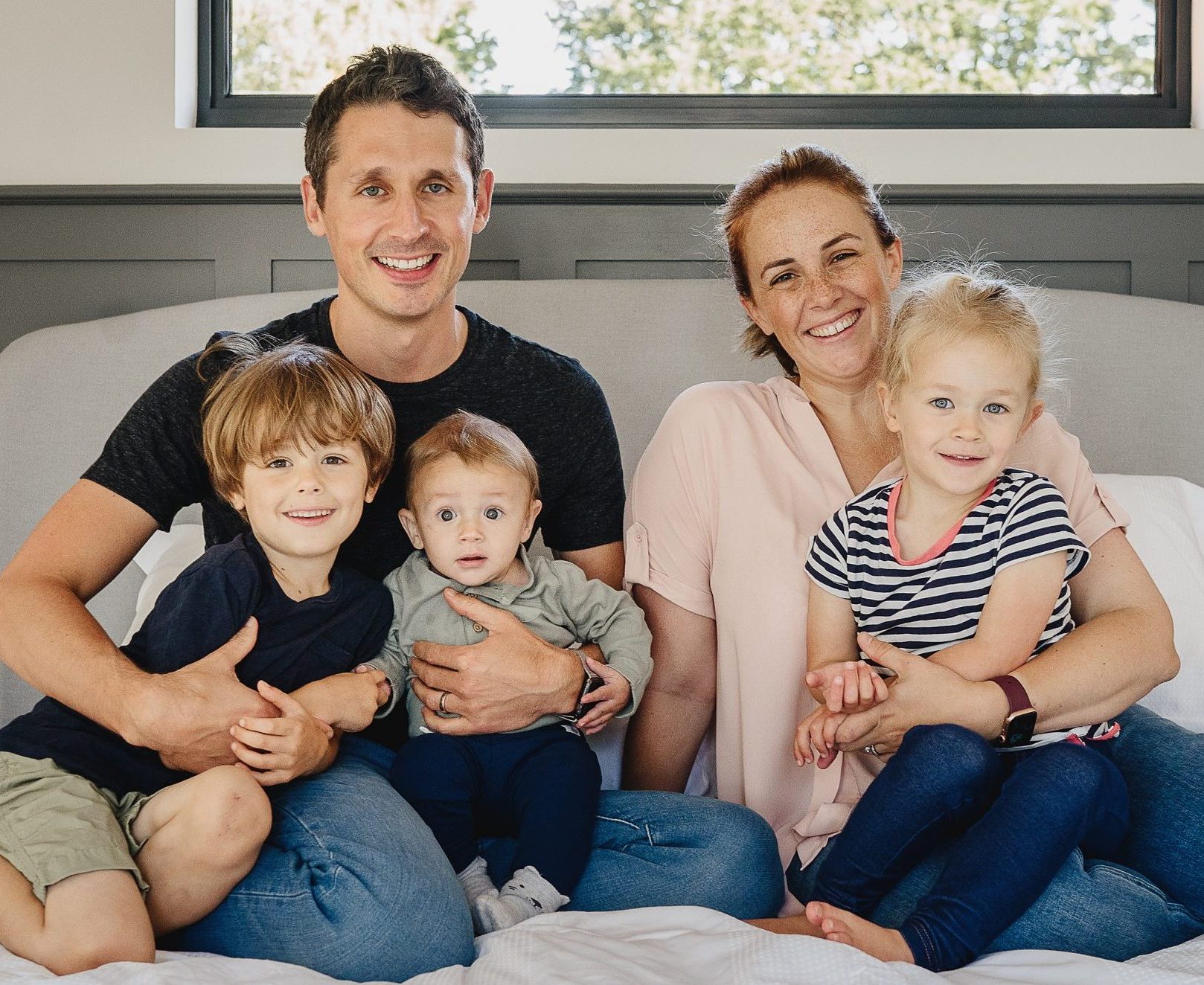


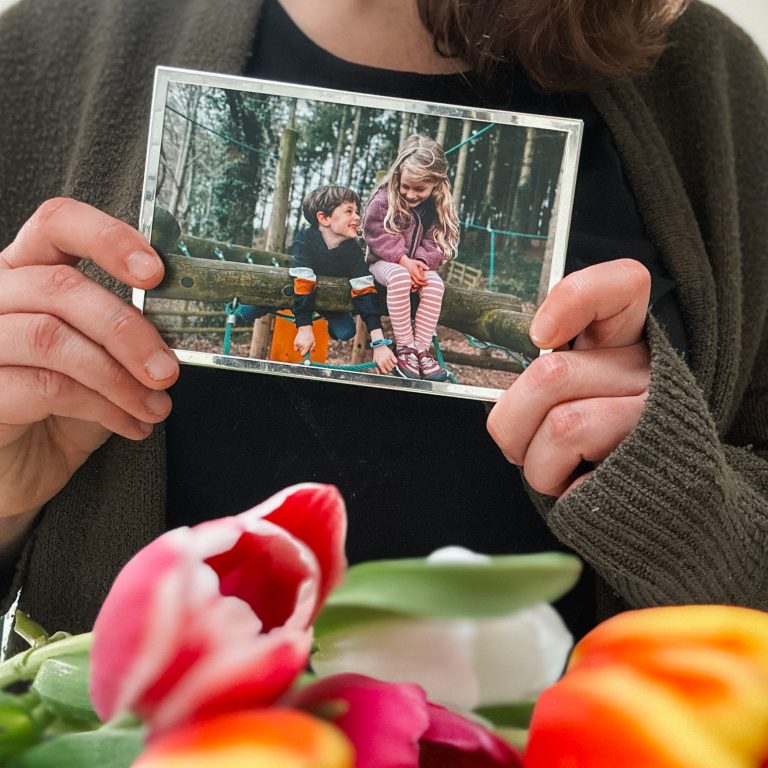
No Comments